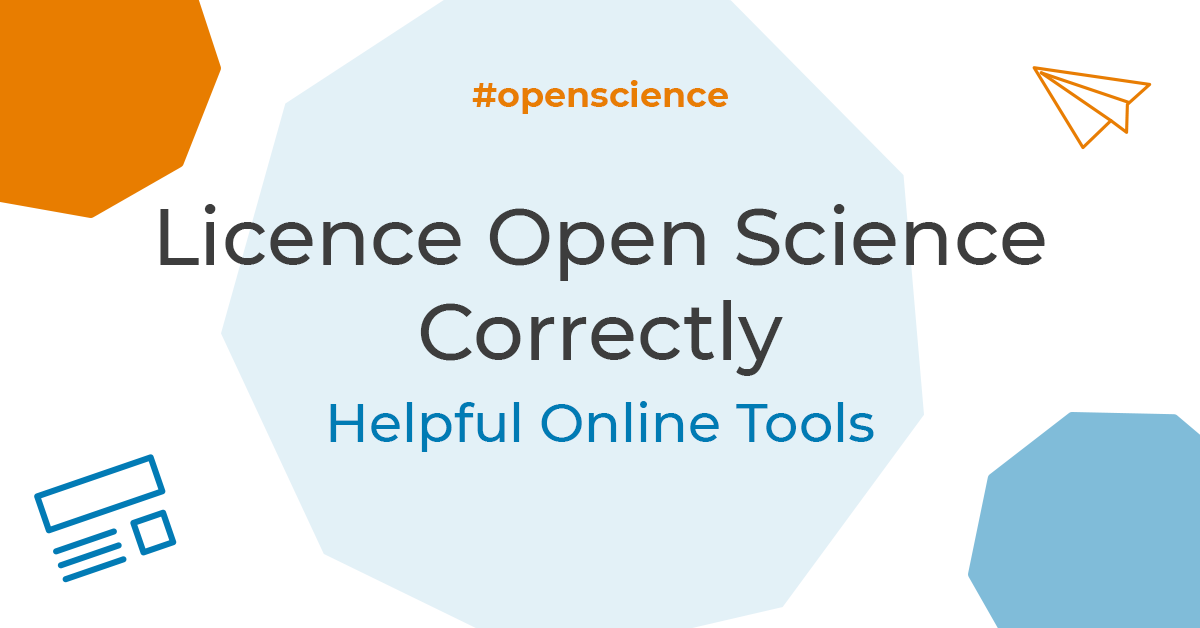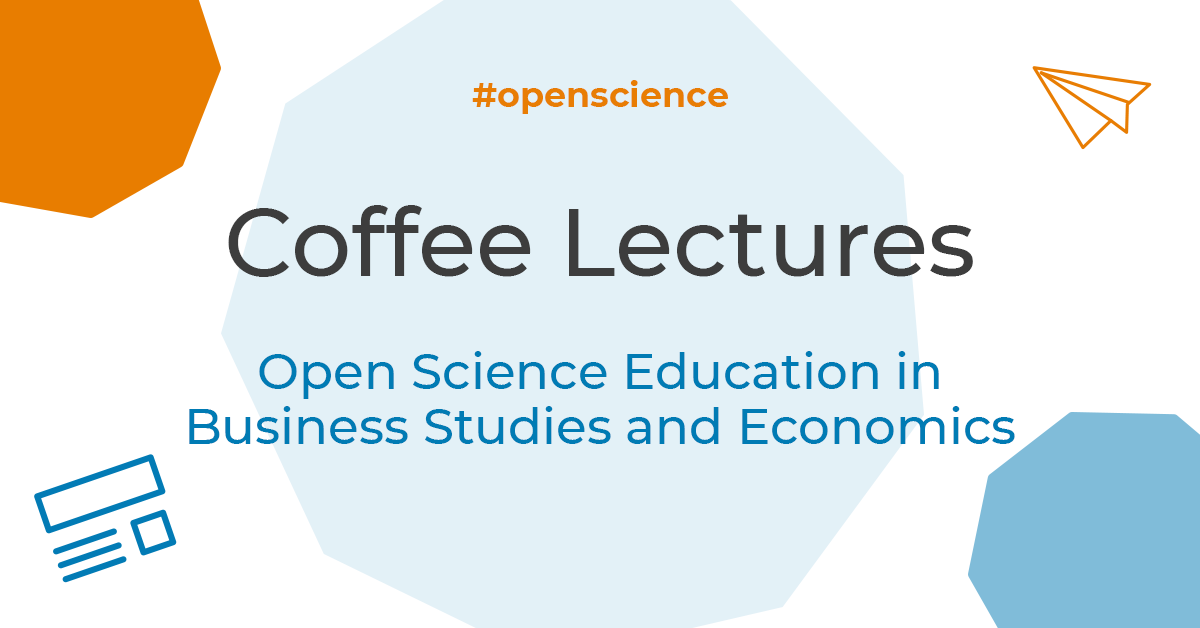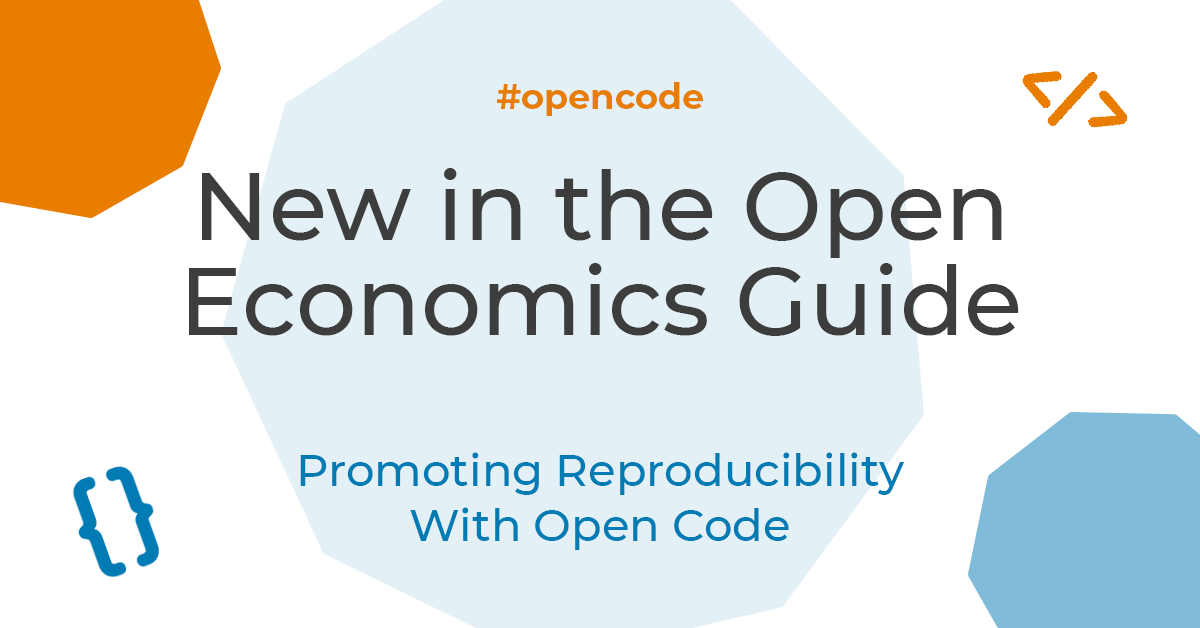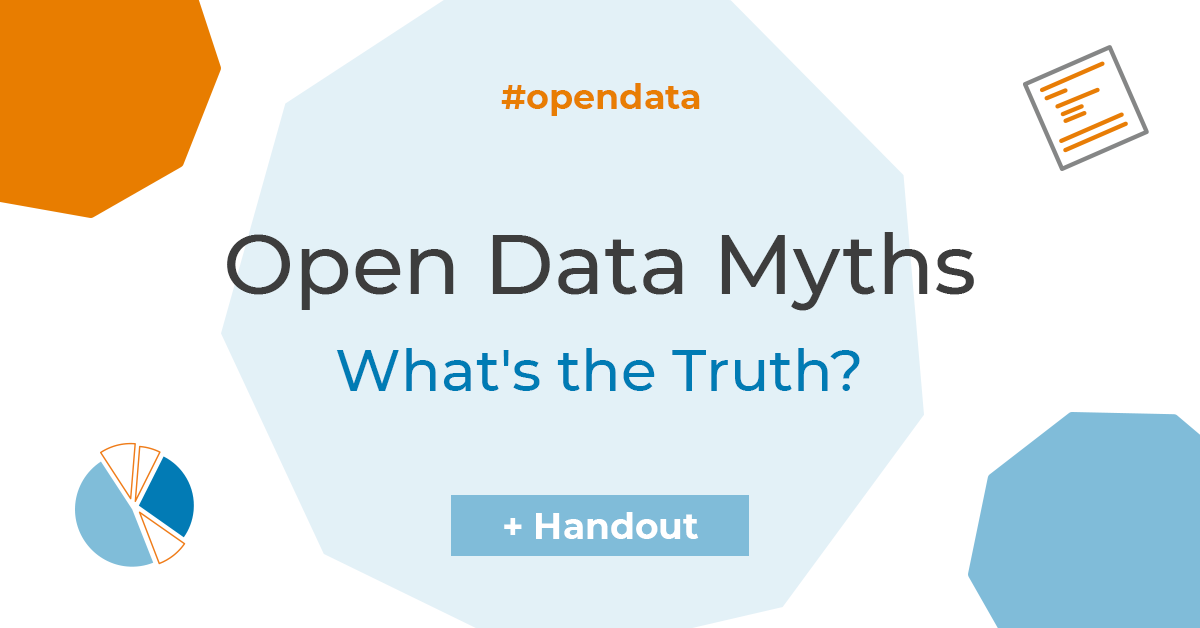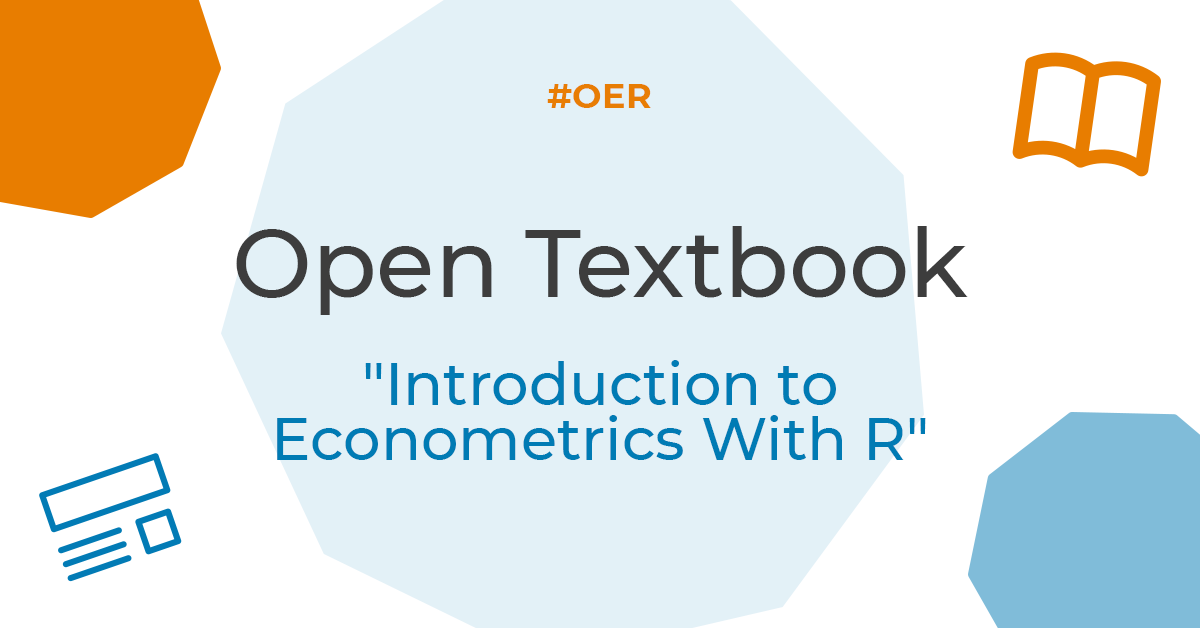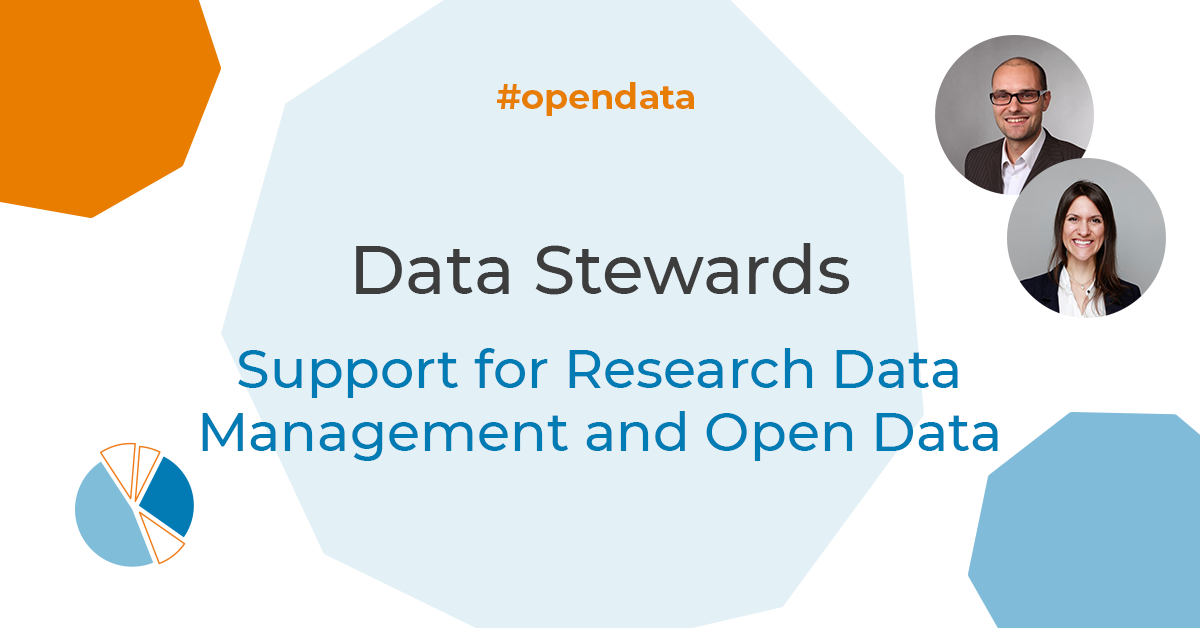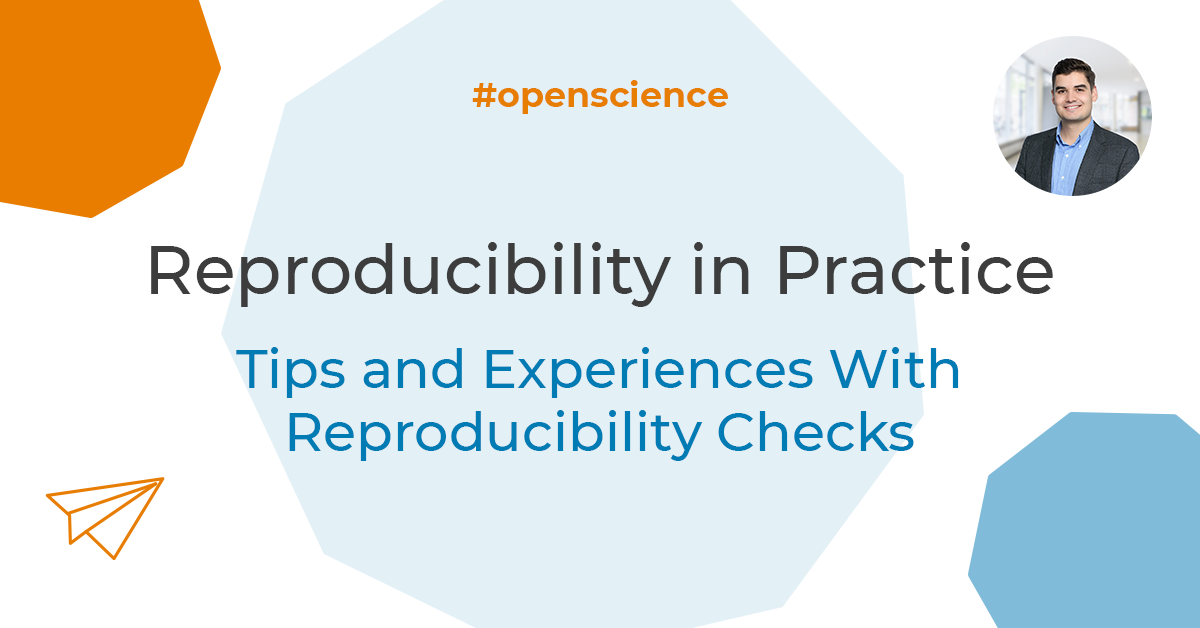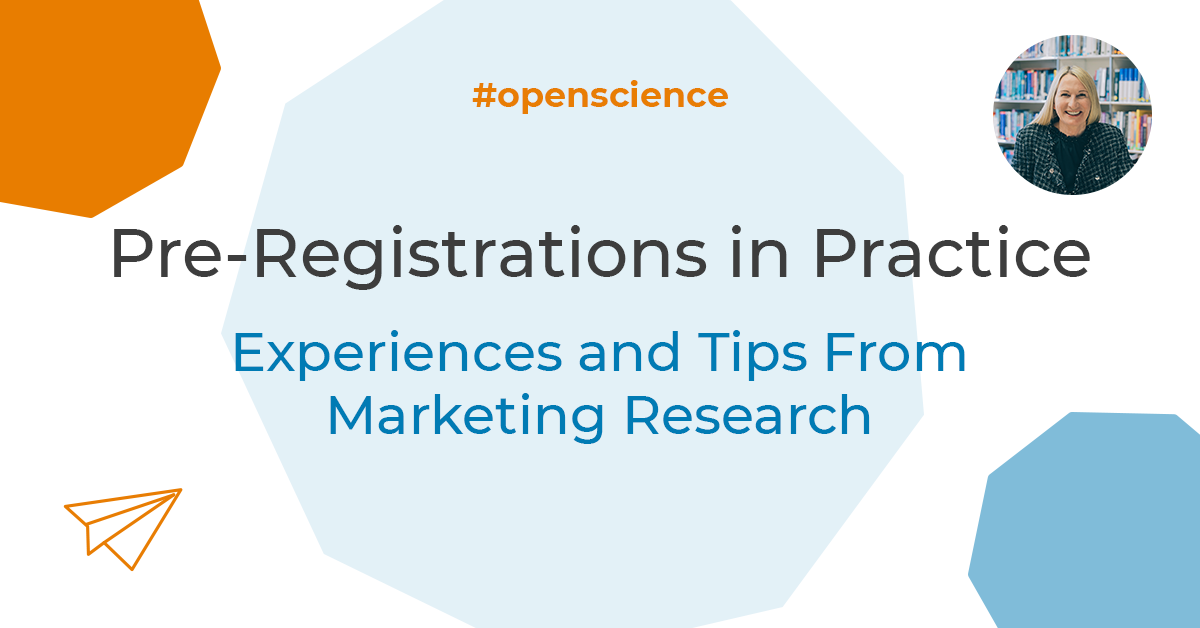Licence Open Science Correctly: Helpful Online Tools
What makes Open Science Open Science? The correct licensing of open science content is a decisive factor. It guarantees legally compliant re-usability. But how do we know which licence is the right one? Fortunately, there are a few online tools that can help and guide you step by step through the selection process. Here are three tools that will help you select suitable licences for open publications, datasets, software and other material: Creative Commons License Chooser If it is clear that a Creative Commons licence is to be used, the Creative Commons License Chooser may be helpful. The tool supports […]
